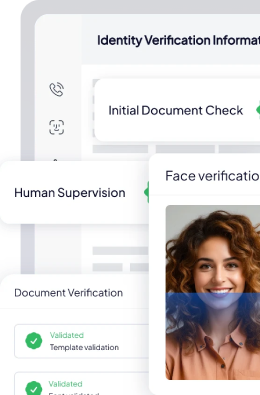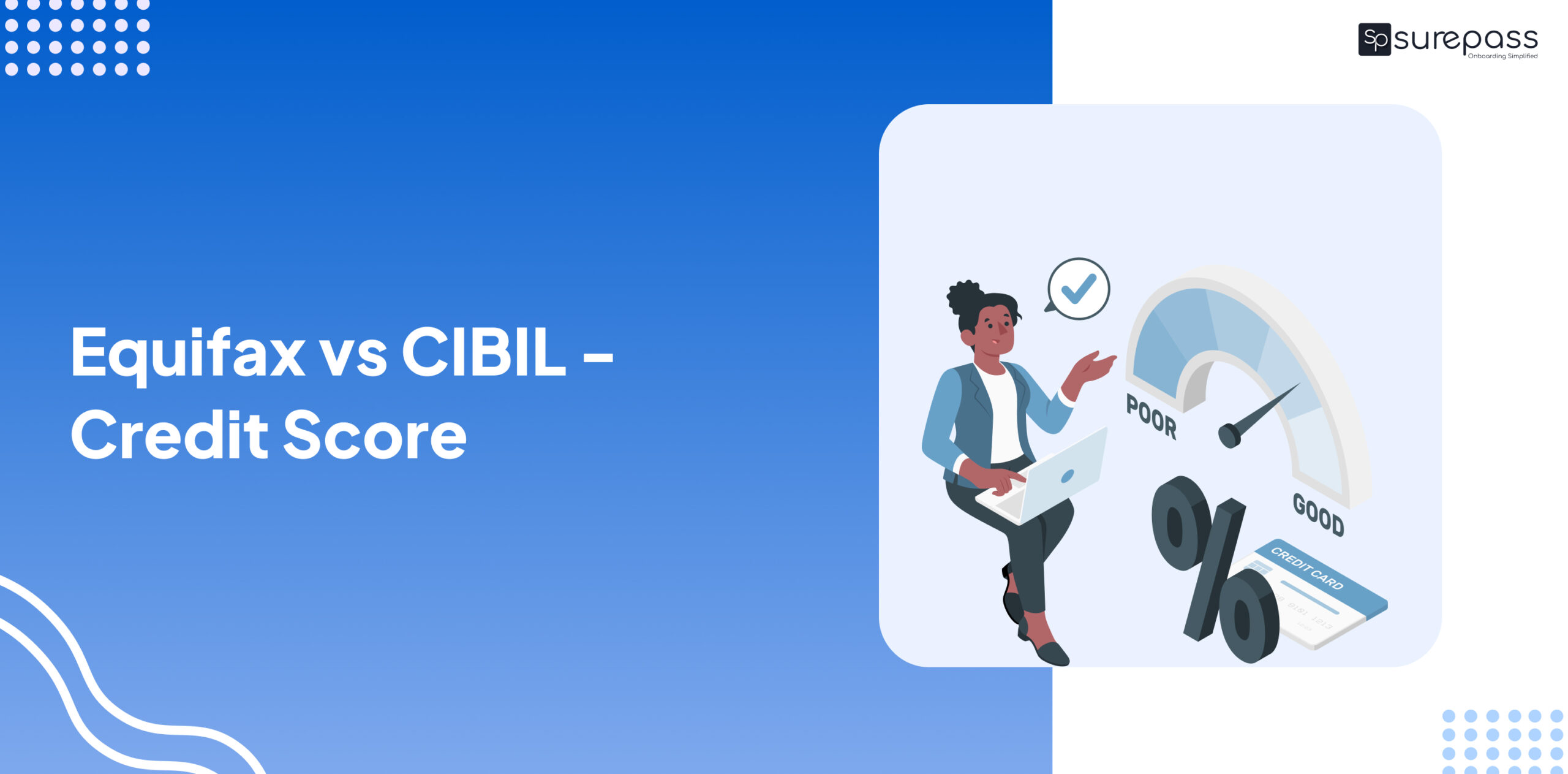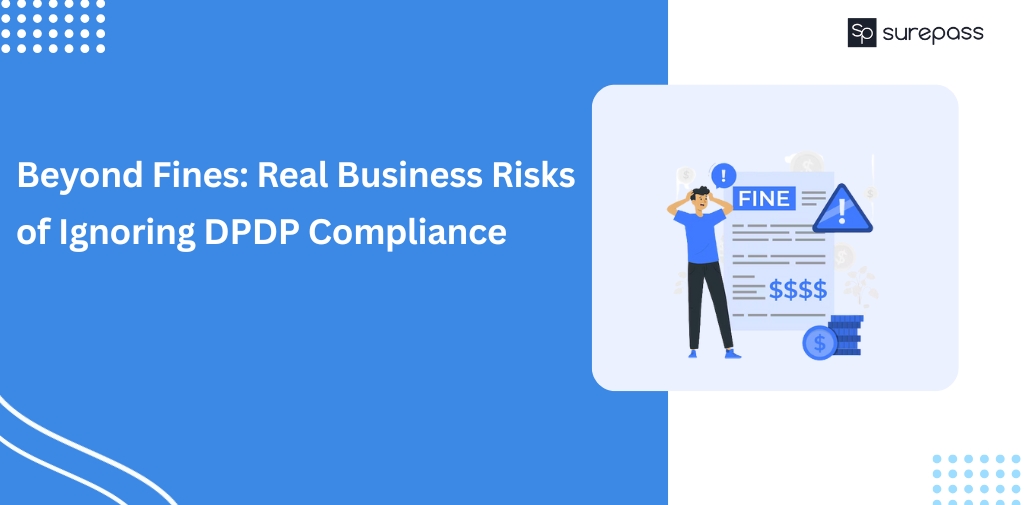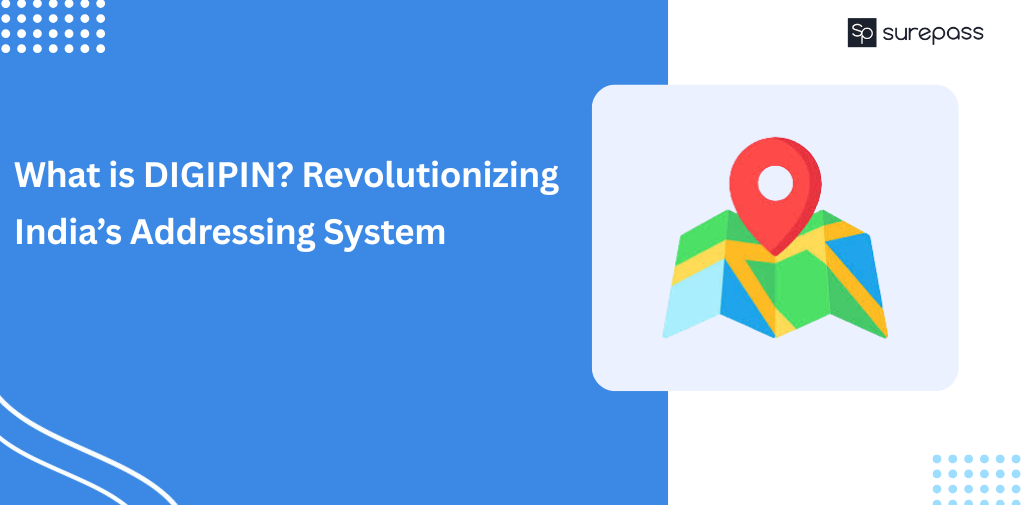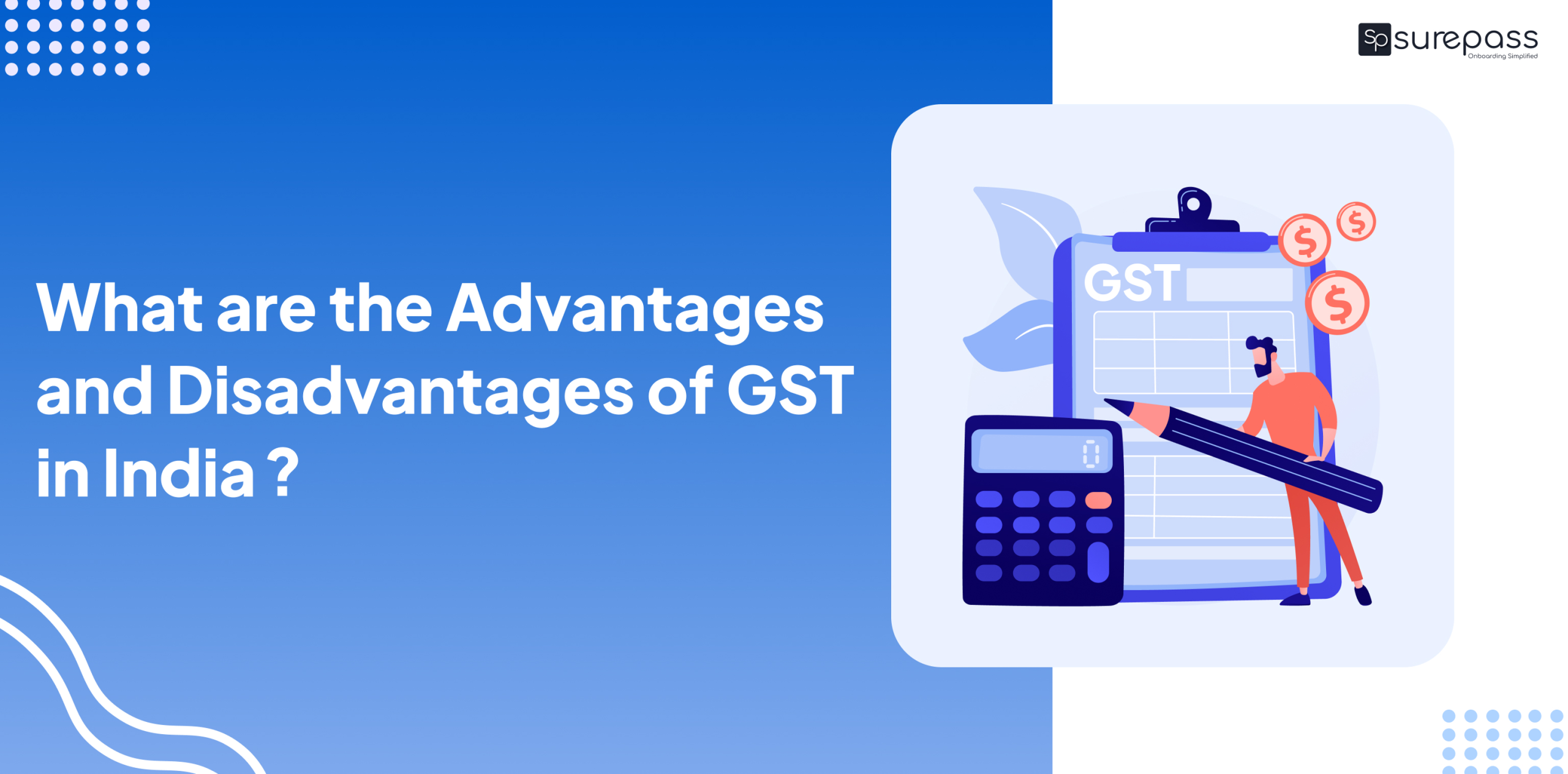Equifax and CIBIL are two of four credit information businesses authorized to operate in India by the Reserve Bank of India, the other two being Experian and High Mark. These businesses gather and record all of their customers’ credit-related behaviors, then analyze the raw data to produce understandable and user-friendly credit scores and credit information reports.
If you’ve ever asked for a loan or a credit card, you know how important your credit score and history are. Is there any variation in the credit scores supplied by the multiple bureaus? What should you do if your scores from two separate bureaus differ? Here are some additional facts about Equifax and CIBIL credit score services.
Equifax vs Cibil
Equifax is a partnership between Equifax Inc. in the United States and seven major Indian financial institutions: State Bank of India, Bank of Baroda, Bank of India, Kotak Mahindra Prime Limited, Religare Finvest Limited, Sundaram Finance Limited, and Union Bank of India. It was founded in India in 2010 and is based in Mumbai.
Surepass helps to check your Equifax score straight from the Equifax credit report API with a single click. All you have to do is give a few facts as input and you will receive your Equifax score as well as a thorough credit report.
CIBIL was founded in India in 2000. Trans Union International Inc. (an American credit services firm), Aditya Birla Trustee firm, Bank of India, IIFL, UBI, IOB, and India Alternatives Private Equity Fund are among the current shareholders. Its headquarters are in Mumbai.
Equifax Credit Score vs Cibil Score
Equifax vs Cibil: Although certain lenders may have preferences, all credit ratings given by all bureaus are equally acceptable. However, the credit ratings issued by Equifax, CIBILTM, and the other two firms are all genuine. The CIBIL score may be more well-known because it has been in use for a longer period of time and includes many more years of historical data. The RBI mandates all banks and lending institutions to record all credit-related client transactions to all bureaus, ensuring that information received by any of the credit rating agencies for each individual consumer is consistent.
Difference between Cibil Score and Credit Score
A credit score is normally a three-digit value ranging from 300 to 900. Equifax and CIBIL credit ratings are in the same ballpark. Keep in mind, however, that there may be minor discrepancies in the actual score between the two agencies for the same consumer. Each bureau will have its own weightage for certain characteristics, resulting in variations in the final score. Lenders are also aware of each agency’s scoring process and will consider it when analyzing your credit score from each bureau.
If you find a difference in your credit score of more than 50 points between the two credit scores, you can acquire a copy of your Credit Information Report (CIR) and compare the reports for any potential anomalies. A mistake may arise when the lender reports the information, the bureau records the information, or when you supply personal information. A mistake may often be a symptom of fraud or identity theft, thus it is critical to register a dispute with the appropriate agency as soon as possible to get the issue corrected.
Automate your KYC Process & reduce Fraud!
We have helped 1000+ companies in reducing their user onboarding TAT by 95%
Equifax vs CIBIL – Resolution Mechanism
Both Equifax and CIBIL provide a straightforward mechanism for disputing your CIR or credit report. It may take up to 45 days for the error to be corrected and shown on your credit report.
Equifax
The Dispute Resolution Form may be downloaded from the Equifax website. You must fill it out with the necessary information and identification papers. You must submit the form and supporting proof to the Equifax office at the location listed on the website.
CIBIL
On the CIBIL website, you can register a disagreement. Fill out the form with the essential personal information for authentication and submit it online.
Good Credit Score
In general, a score of 750 or more is considered good. Almost 80% of all loans are made to consumers with credit scores of 750 or above. If you have a high score, you will have a better chance of getting a loan, and the loan approval procedure will be faster, smoother, and easier.
A low score (less than 650) denotes a high-risk client who is likely to default on financial commitments. Banks, credit card companies, and other lenders would be hesitant to give credit to those with poor credit scores because they are concerned about the possibility of recurrent payment failures.
Credit Score- Importance
A credit score can quickly tell you if a person has a strong track record of repaying their debts. Lenders assess your credit score to decide if you qualify for a loan and, if so, the loan’s terms and conditions, such as the interest rate, loan amount, and duration.
When you apply for a loan or credit card, lenders examine your credit score and credit report to determine if you qualify for new credit. If you meet these basic creditworthiness requirements, your credit score is used to determine the sort of loan you are qualified for and the interest rate you will be paid. As the lender is satisfied that you will return your loan obligations, the higher your credit score, the better the interest rate you will be provided.
A bad credit score, on the other hand, is hardly the end of the world. Lenders may still be willing to issue you a loan if your credit score isn’t too low. Keep in mind, however, that you may be exposed to significantly harsher loan or credit card terms and conditions.
Conclusion
Borrowers are chosen by lenders based on their assumptions of how they would act when repaying the loan. The CIBIL or Equifax credit score becomes an important factor, with a score of 750 or above being preferred.
So, if a person has a credit score of 750 or higher from either agency, they may easily apply for and acquire a loan. With such a high score, one will be given the best interest rates currently available in the market. If this blog was useful to you, do read our other blogs and try our free demo and enhance your business with security.
